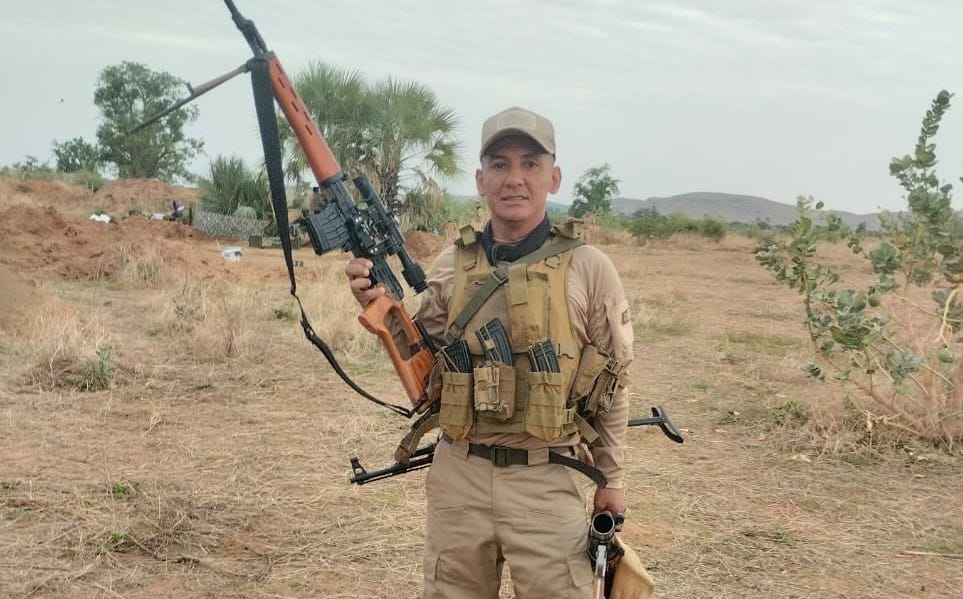Investigation Links Top Emirati Official to Supplier of Mercenaries in Sudan
Ties between UAE presidential aide and Colombian 'Desert Wolves'
Keep reading with a 7-day free trial
Subscribe to Sudan War Monitor to keep reading this post and get 7 days of free access to the full post archives.


